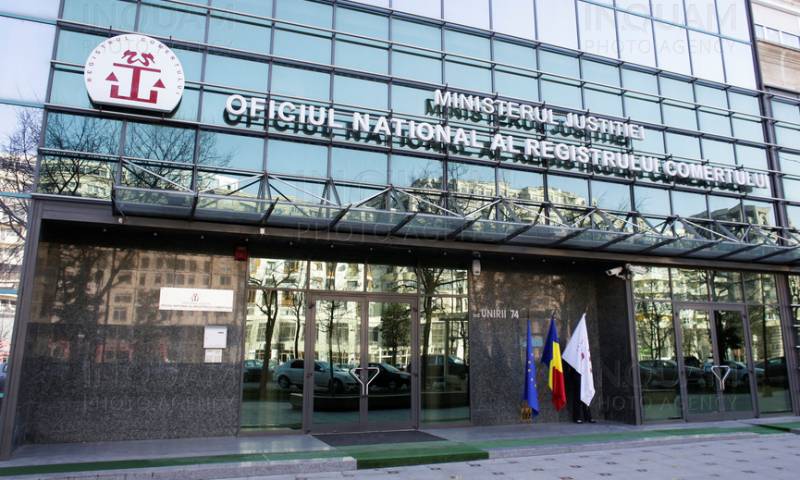- str. Ady Endre, nr. 11, Timișoara
- 0040 256 430 454
- office@hategan.ro
- Robert Apițoaiei
- News
As a effect of the entry of Regulation (EU) No. 40/2025 on packaging and packaging-related waste ("the Regulation") becoming effective, new obligations will be imposed on economic operators regarding the use of packaging, in particular single-use packaging.
- Ioana Chiper Zah
- News
On January 21, 2026, the European Data Protection Board (EDPB) and the European Data Protection Supervisor (EDPS) released a joint opinion on the European Commission's proposal for a "Digital Omnibus". Hategan Attorneys summarizes the opinion, which aims to simplify the implementation of certain harmonized rules under the AI Regulation without diminishing the high level of protection provided by the GDPR.
- Timeia Lupșa
- News
Published in the Official Gazette on December 15, 2025, Law 239/2025 on establishing measures to recover and streamline public resources and to amend and supplement certain legislative acts will come into effect on December 18 and introduces substantial changes regarding the dissolution of legal entities. The new provisions concern both the procedure for fiscal inactivity and new situations in which an LLC may be dissolved for failure to comply with legal obligations.
- Robert Apițoaiei
- News
Following the meeting on November 25, 2025, the European Parliament adopted its final position on the new Toy Safety Regulation, which was confirmed with 44 votes in favor and 2 against.
This Regulation introduces new rules aimed at enhancing the protection of children's health and development, while repealing Directive 2009/48/EC, which regulated the applicable rules on toy safety.
- Robert Apițoaiei
- News
Starting November 23, 2025, Law No. 190/2025 will come into force, amending Government Emergency Ordinance No. 140/2021 on certain aspects of contracts for the products sale with regard to the sanctioning of traders for failure to comply with the 30-day deadline for replacing non-compliant products.







